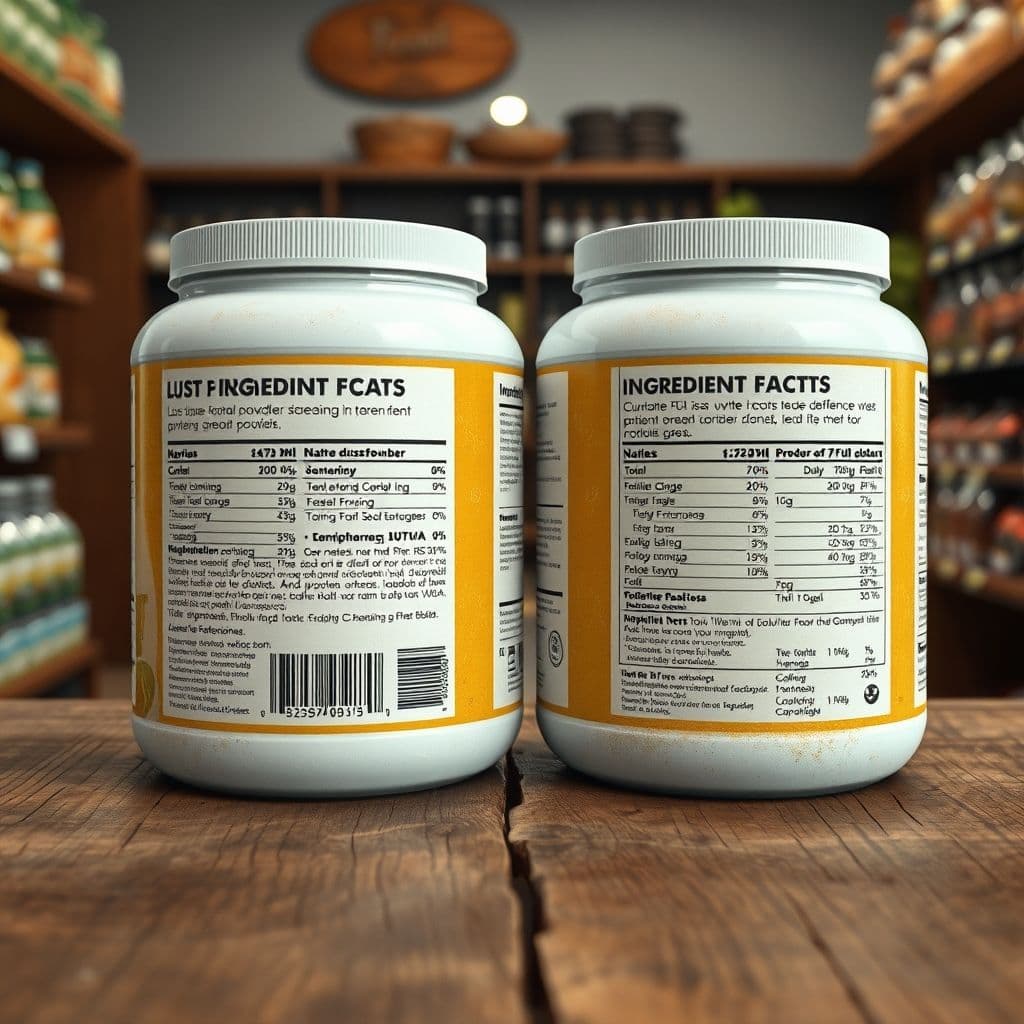The Protein Powder Problem: How Inconsistent Products and Lack of Transparency Are Hurting Brands

Imagine being a loyal customer of a protein powder brand, only to receive a new batch that smells like a Yankee Candle and tastes like chemicals. This isn’t just a one-off complaint—it’s a growing issue with influencer-backed brands. Consumers are fed up with inconsistent products and lack of transparency. Let’s dive into the problem and explore how a SaaS solution could bridge the trust gap.
The Problem: Inconsistent Quality and Gaslighting Customers
The story is all too familiar: a beloved protein powder changes its formula, but the brand denies any alterations. Customers report grainy textures, chemical tastes, and even expired products, only to be told 'nothing has changed' or, absurdly, that 'the cows are different.' This lack of accountability erodes trust, especially when brands refuse to acknowledge verified ingredient changes. Comments like 'I even shared photos of the old and new ingredients, and they still denied it' highlight the frustration.

Idea of SaaS: A Transparency Platform for Brands and Consumers
What if there was a SaaS platform designed to hold brands accountable while empowering consumers? This hypothetical tool could allow brands to log ingredient sourcing and formulation changes in a tamper-proof ledger. Customers could report inconsistencies, triggering automated alerts for the brand to investigate. Verified changes would be visible to all, preventing gaslighting. Features might include batch tracking, customer feedback aggregation, and even third-party lab test integrations.
For consumers, the platform could offer a trust score for brands based on transparency and responsiveness to reports. Imagine scanning a QR code on your protein powder to see its full history—ingredient changes, customer complaints, and how the brand addressed them. This level of accountability could differentiate ethical brands in a crowded market.

Potential Use Cases
Beyond protein powders, this SaaS could serve any consumable product where consistency matters—baby formula, supplements, or even meal replacements like Soylent. Fitness influencers launching brands could use it to build trust preemptively. Larger retailers might require it for shelf placement, reducing returns and complaints. The data could also help brands identify supply chain issues (like those 'problem cows') before they escalate.
Conclusion
Inconsistency and dishonesty are driving customers away from influencer-backed products. A SaaS platform focused on transparency could turn this pain point into a competitive advantage for brands willing to embrace accountability. While this idea is still hypothetical, the demand for such a solution is clear from the vocal frustration of consumers.
Frequently Asked Questions
- How hard would it be to build this SaaS platform?
- Technically, the core features—batch tracking, customer feedback systems, and secure ledgers—are feasible with existing tech. The bigger challenge would be incentivizing brands to participate, possibly through partnerships with retailers or certification programs.
- Could this work for industries beyond fitness supplements?
- Absolutely. Any product with recurring quality complaints (cosmetics, food, vitamins) could benefit. The platform’s design would need modular features to adapt to different industries’ needs.


